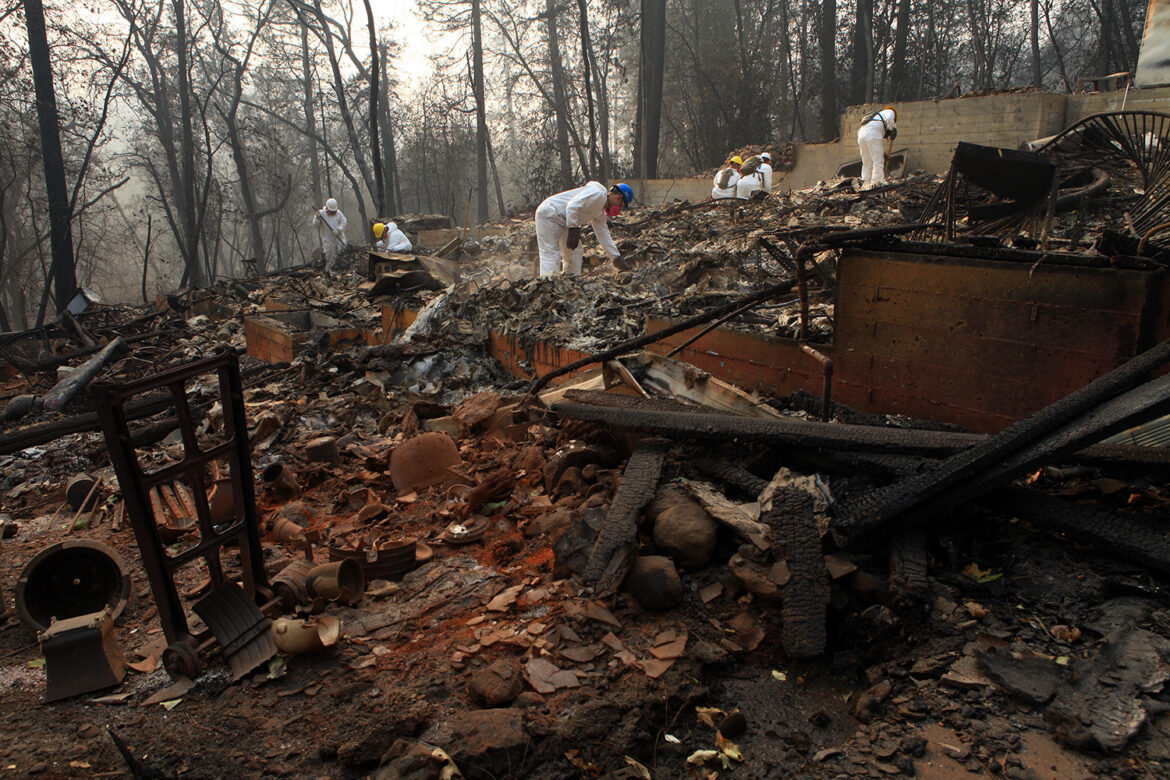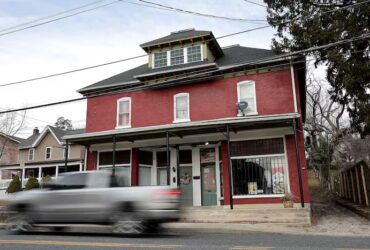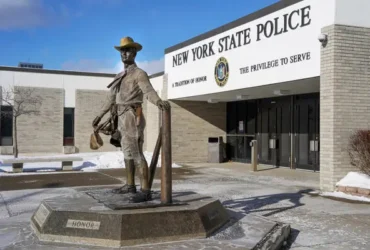In a series of stories for San Francisco Public Press, veteran reporter Seth Rosenfeld has exposed a culture of secrecy at the California Public Utilities Commission that has made it nearly impossible for the public to know if dangerous drivers for ride-sharing companies were being taken off the road. The commission has enormous powers, regulating power companies, water, telephone, transportation and other utilities that affect the lives of all Californians. Rosenfeld’s reporting, supported by the Fund, highlighted what has been characterized as a systematic violation of the public’s right to know about the commission’s handling of deadly disasters and corporate scandals. Rosenfeld’s review of court cases, commission filings, legislative history and interviews with attorneys, in addition to his lengthy experience as a requester of documents, found a gauntlet of obstacles that disadvantage requesters and favor agency denials. And though the public records act requires agencies to adopt written guidelines that “reflect the intention of the Legislature to make the records accessible” and post them in “a conspicuous public place,” the commission’s rules are spread piecemeal across four parts of its website and are so labyrinthine that they even confound experienced attorneys.
Grantee documents commission’s systemic undermining of open-records laws




